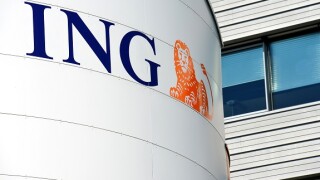Middle East Bonds
-
Federal government's debut dollar bond could change emirates' funding plans
-
Saudi issuer tightens guidance but no indicator of broader appetite
-
Head of corporate finance leaves Abu Dhabi bank after former HSBC regional head arrives to run investment bank
-
The highly rated emirate landed the tightest ever spread on a 10 year bond issued in the Gulf
-
Gulf state hires HSBC and JP Morgan as sustainability structuring agents for financing framework
-
The UAE's largest bank has concluded its debt-raising for 2021
-
The sustainability-linked loan is the largest corporate, non-government-linked loan of its kind in the Middle East
-
First Abu Dhabi Bank has sold its inaugural bond linked to the secured overnight financing rate (Sofr), becoming the first borrower in the United Arab Emirates to do so.
-
ING has promoted Sebastian Frederiks to become head of wholesale banking for the Middle East.
-
Arabian Centres, the Saudi Arabia shopping centre operator, is set to tap its dollar sukuk. The recent drop in US rates, combined with the anticipation of rising rates later in the year, has provided impetus for emerging market issuers to enter markets.
-
-
The Emirate of Sharjah is returning to the international bond market just months after its last visit, but this time marketing a sukuk that will place it among the ranks of major emerging market issuers — both sovereign and corporate — to have raised cash at competitive levels recently with the Sharia-compliant instrument.











